8 effective ways to protect your hair while sleeping
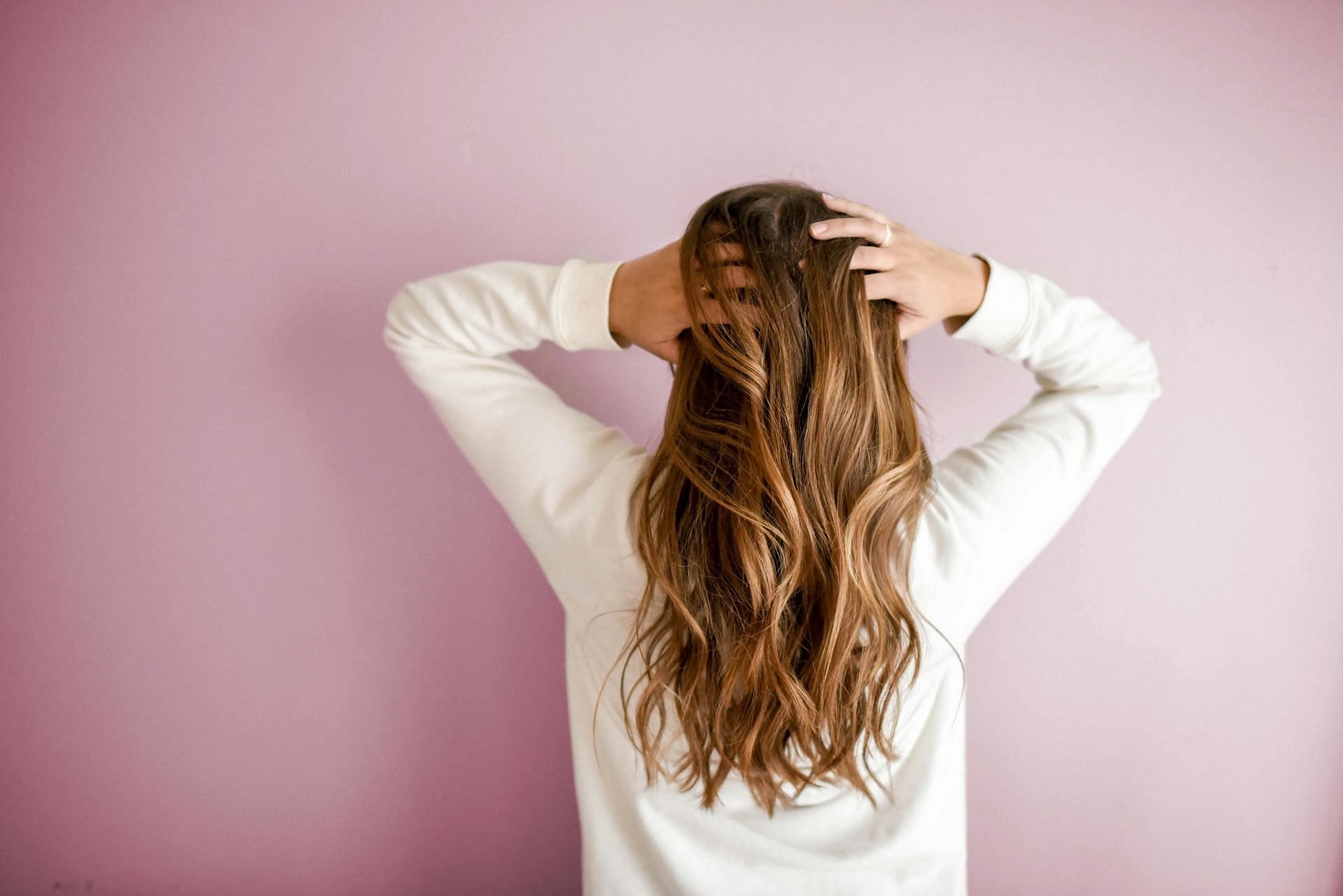
There are many ways to protect your hair while sleeping.
Hair is perhaps the most valuable thing that God has given us. Maintaining their health is not as simple as it appears. Everyone's hair is different; the colour, texture, length, and thickness make it unique.
Sleeping is usually the most calm action of the day; nevertheless, what happens after you close your eyes might be a source of concern.
Instead of counting what you've lost (literally), including simple lifestyle modifications into your sleep routine can make a significant difference.
For starters, it may protect your hair from becoming damaged. A thorough nighttime hair care programme not only promotes healthy hair development but also protects it from injury while sleeping.
8 tips to protect your hair while sleeping
1) Dry up your hair before sleeping
Before bed, if you've washed your hair, don't leave it damp. It's riskier—hair is fragile when wet.
Our hair is made of keratin, a protein that is not strong when wet. Before going to sleep, make sure your hair is fully dry.

2) Use silk pillowcases
In contrast to cotton, the tiny fibres of silk reduce the friction caused by pressing the scalp against the pillow.
Cotton pillows also absorb moisture from the hair, leaving your strands dry, frizzy, and susceptible to breakage.
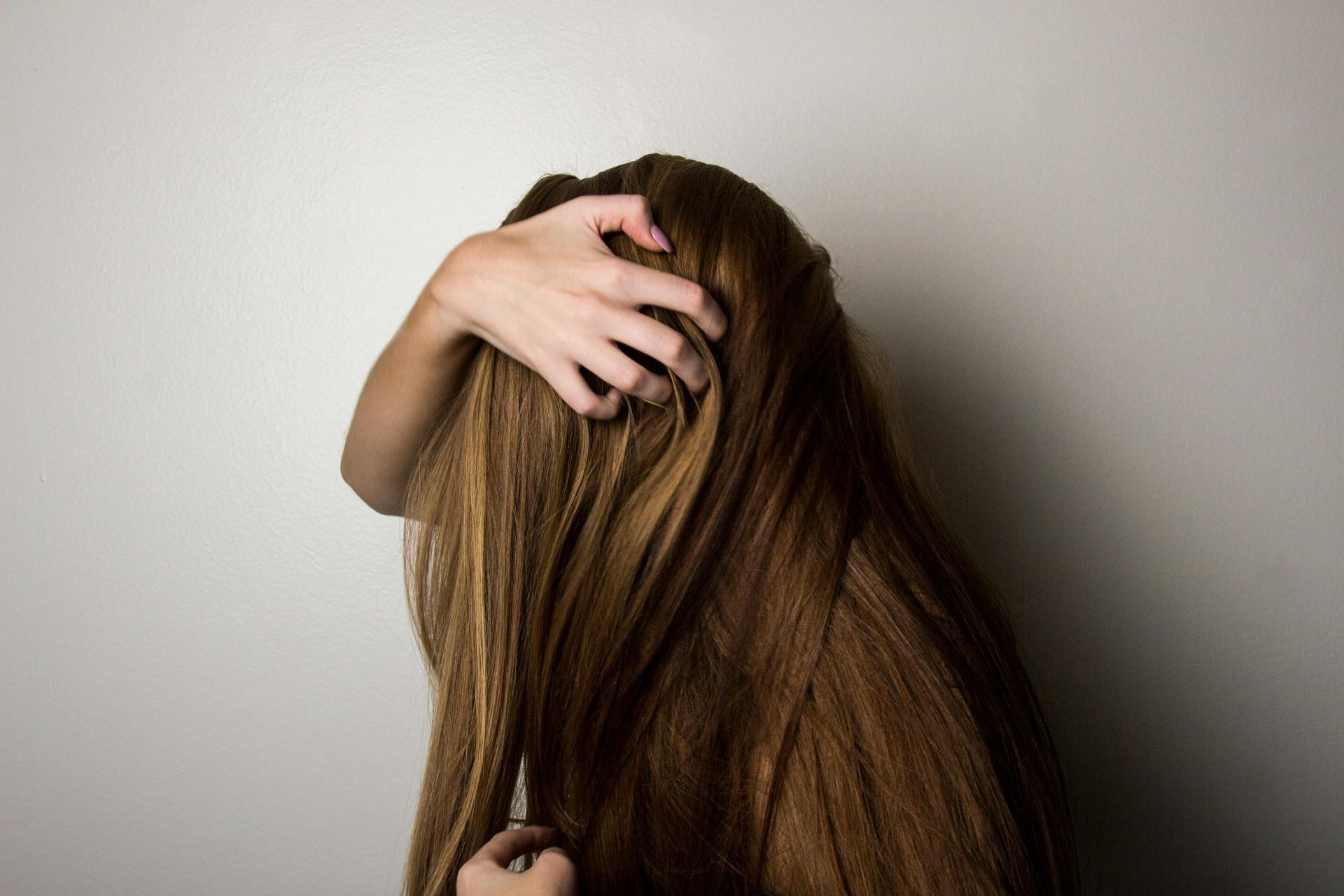
3) Choose the right hairstyle
In addition to minimising damage and hair loss, resting the hair in a comfy bun will result in magnificent curls when you wake up in the morning. French hairpins can be used to secure your hair loosely in a bun.
This hairstyle involves gathering your hair at the crown of your head, but not too tightly. This hairdo is ideal for enhancing volume.
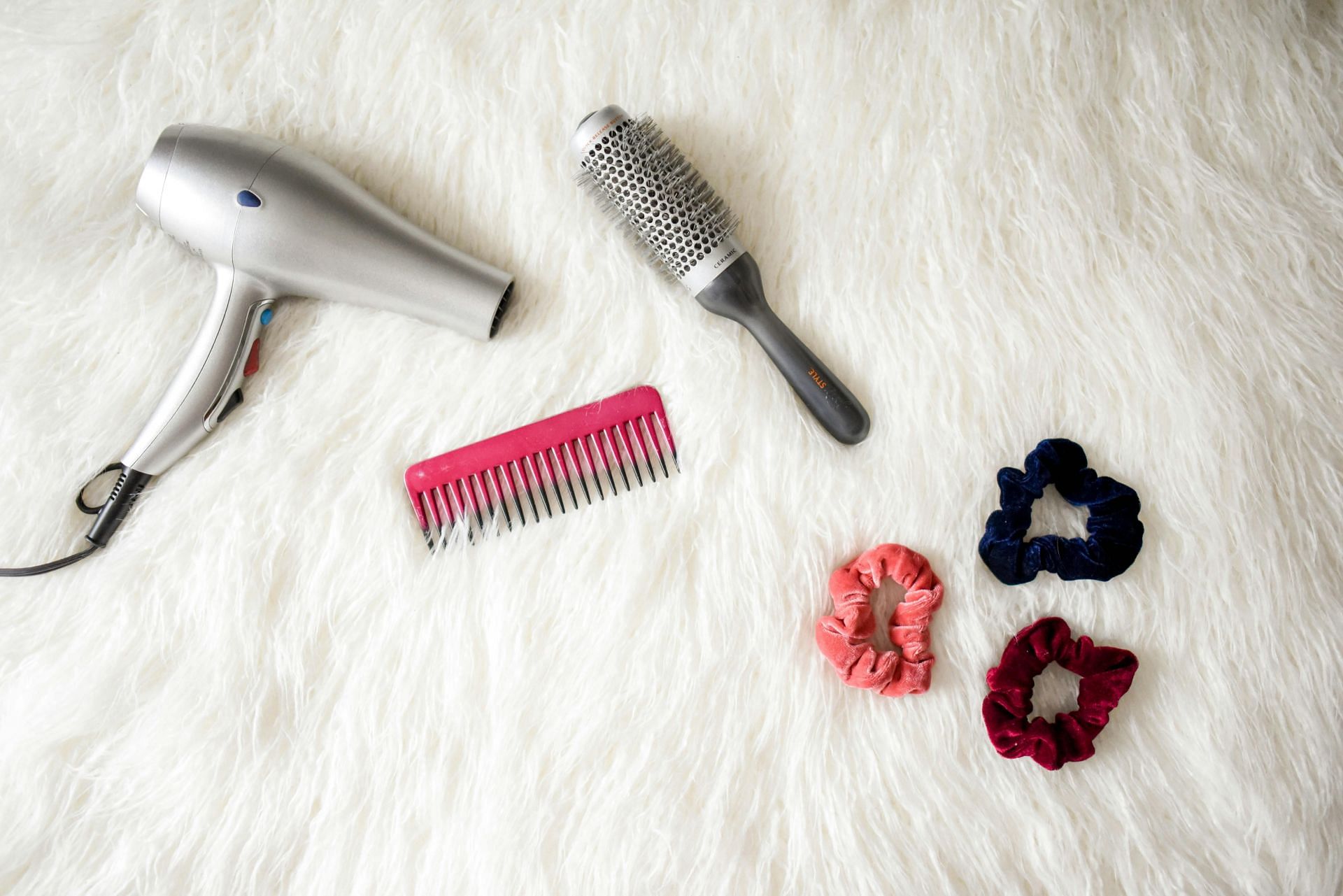
4) Moisturise
Keep your hair moisturised. Moisturising helps to seal moisture into your hair's strands.
You can use a serum, leave-in conditioner, or overnight hair mask and rinse it off with lukewarm water in the morning.
Moisturising the hair before bed may avoid breakage, decrease dryness, and make styling simpler in the morning.
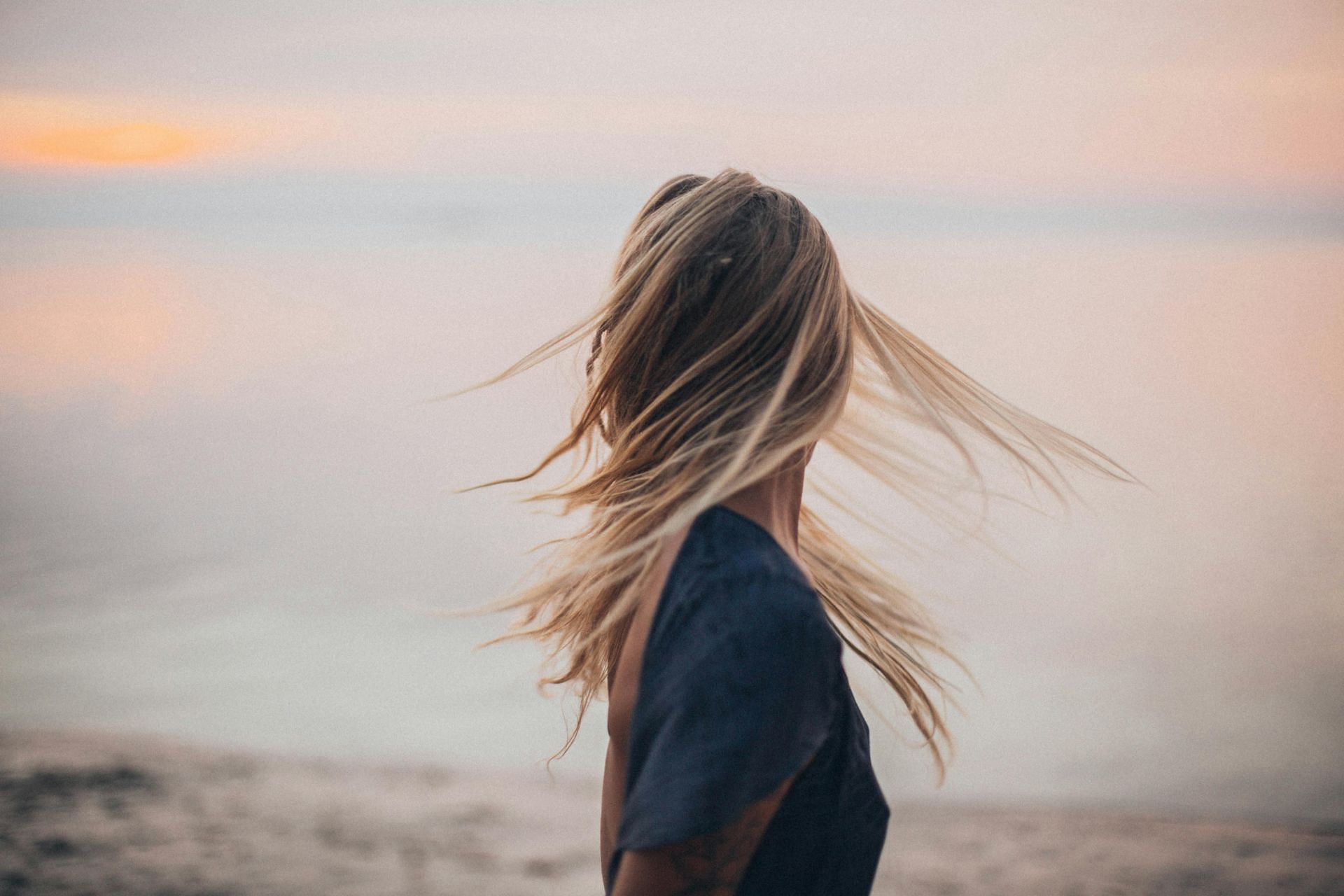
5) Use a satin scarf
Sleeping with a beautiful satin head scarf elevates the beauty of sleep to new heights.
The scarf, like a satin pillowcase, will preserve your ends while also maintaining your hairstyle.
That's correct! Wearing a silk scarf while sleeping will help preserve your delicate curls or braids and prevent the unavoidable "just woke up" frizz.

6) Reduce stress
Being stressed can have a variety of negative effects on your health, including your skin and hair.
Essential oils provide a tried-and-true way to wind down at the conclusion of the day. Lavender oil has been extensively researched for its soothing properties, and it has even been proven to help with minor insomnia.

7) Oiling
Use a nighttime hair mask or oil treatment, wrap your hair in a shower cap or scarf, and then rinse it off when you wake up.
This will lessen friction on the hair while slumbering, especially because you'll be wrapping or covering it, and you'll wake up with softer, shinier hair!
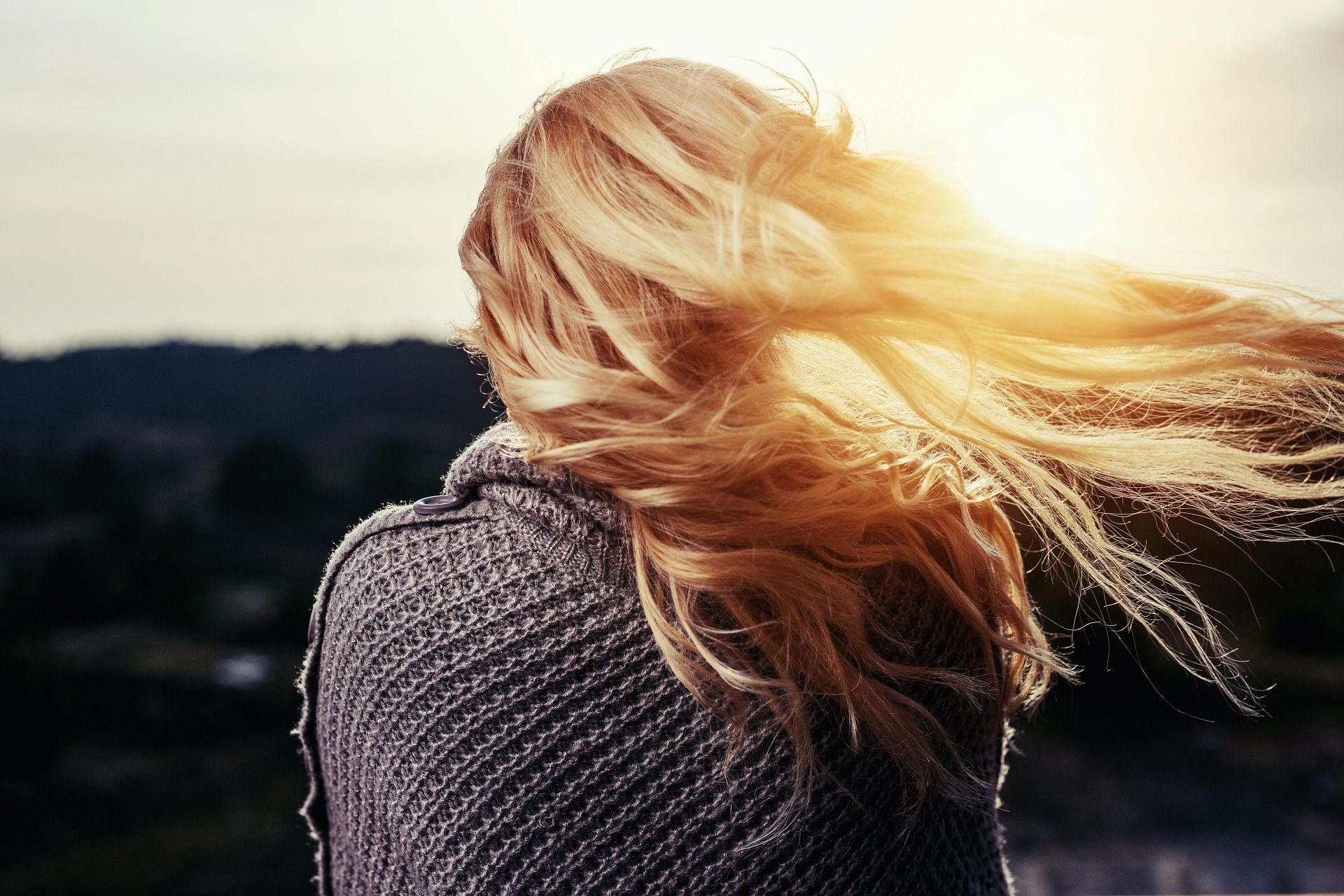
8) Detangle your locks
Your hair becomes tangled throughout the day when it scrapes against different surfaces or gets blown around by the wind.
Sleeping on hair that is knotted leads to further tangles, so comb your hair softly and completely before bedtime.
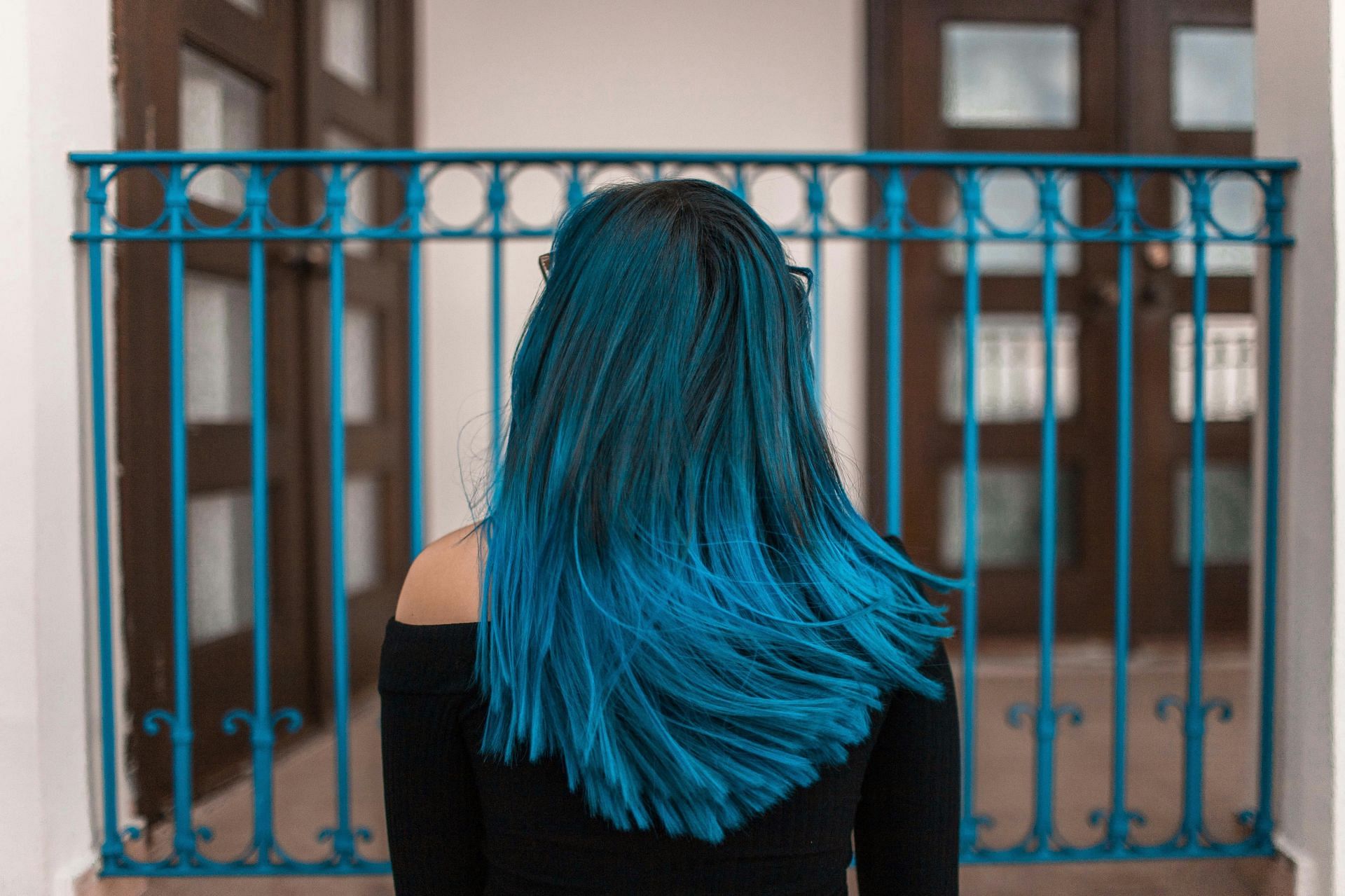
Nothing puts the "beauty" in beauty sleep more than waking to a full head of hair. Hair lovers get a full eight to 10 hours of sleep each night because they understand how crucial sleeping patterns are for their manes.
Even if you're swamped with work, examinations, or parenthood, sleep ought to be the most effective time of day for maximising the beauty advantages of certain reputable hair care items and tools.




